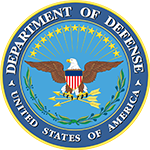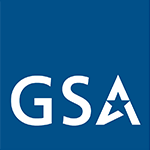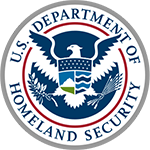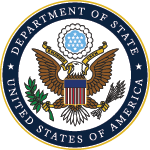Pittsburgh, PA
Federal facilities need to ensure they have a robust cybersecurity posture - but ensuring your network, and the devices on it, can be protected from malicious attacks isn't easy. Attend this workshop to better understand how to defend your network by mitigating attacks. This workshop will feature an interactive, network defense game to let you visualize four consecutive attacks in which the attacker will respond to your every move. Can you mitigate vulnerabilities and deploy the right controls to keep the attacker from crippling your system?
Instructors
Christopher Bonebrake, Cyber Security Engineer, Pacific Northwest National Lab Read Bio
Christopher Bonebrake graduated from Washington State University with a bachelor's degree in Electrical Engineering in 2002 and a master's degree in Electrical Engineering in 2004. He has been working for PNNL since 2002 on various projects such as analog electronics and system design on chemical and radiation detection systems, industrial control systems, commercial Energy Management Systems (EMS), supervisory control and data acquisition (SCADA) equipment, power system simulation and analysis using lab-based tools, and cyber security events and training related to energy delivery systems. He is currently the Energy Cyber Program Coordinator and working on the cybersecurity of energy delivery systems.
Roger Kwon, Program Manager, Researcher, Lawrence Berkeley National Laboratory Read Bio
Roger Kwon is a Cyber Security Engineer who joined PNNL in July 2016 after earning his Masters of Science in Computer Science and Cyber Security from the Georgia Institute of Technology. Roger is playing keys role in the development of cybersecurity maturity models, the application of augmented reality to cybersecurity (using Microsoft HoloLens 2), and cybersecurity vulnerability testing. He has supported the development of a set of Facility Cybersecurity Framework (FCF) training games, a Network Defense Training Game, and a Cyber Security Dictionary for FEMP (Federal Energy Management Program). Roger is fluent in Korean and was recently nominated to support the DOE Office of International Nuclear Security's technical exchange with South Korea.
Learning Objectives
Upon completion of this course, attendees will be able to:
- Identify available FEMP resources for facility energy cybersecurity;
- Indicate how poor network configuration can lead to cybersecurity vulnerabilities;
- Select cybersecurity network best practices for connected operational technologies,
- Identify different cybersecurity strategies to mitigate vulnerabilities.









